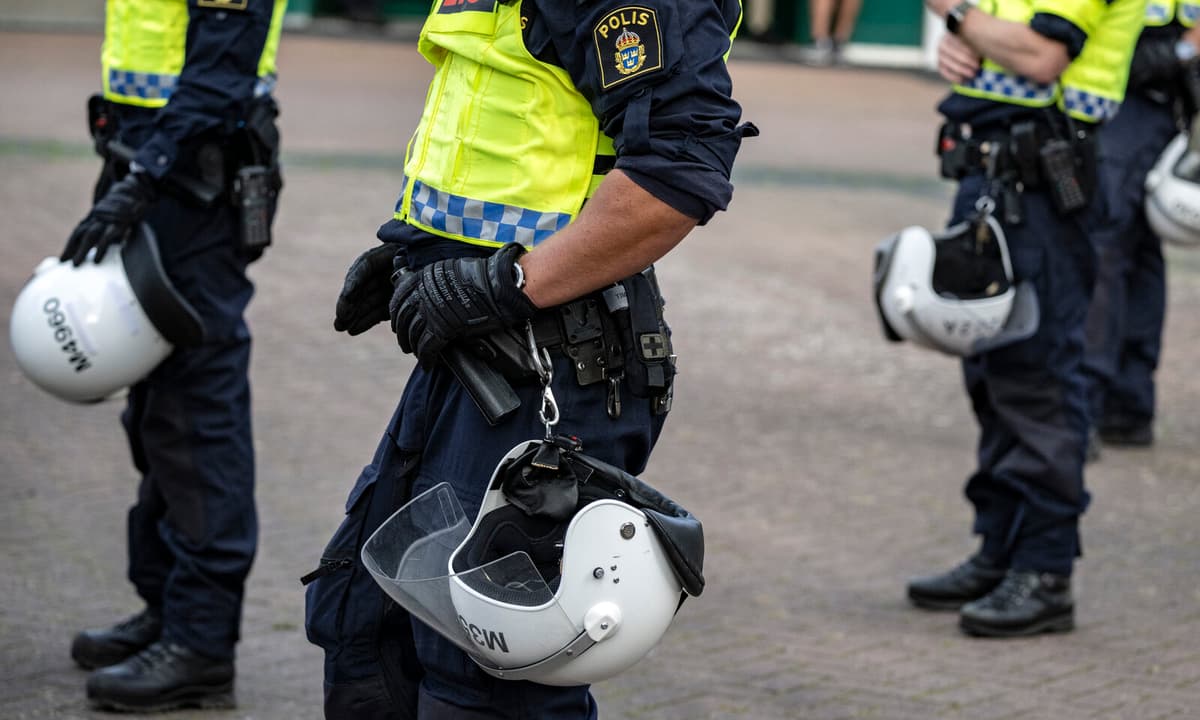The police should be able to refuse permits for demonstrations and other gatherings if there is a tangible threat to national security. This is one of the proposals in an investigation presented in July and which is now being handled by the government.
The background is the Koran burnings that, above all, last year led to diplomatic protests and a significantly increased terror threat against Sweden and Swedes. In Baghdad, the Swedish embassy was attacked, and in Brussels, two Swedes were killed in a terrorist act.
Important principles
The referral bodies have now had their say. One of these is the Chancellor of Justice (JK) who writes that the proposal constitutes "a far-reaching infringement of freedom of expression, assembly, and demonstration" if it becomes a reality.
"The investigation's proposal is based on the Police Authority conducting a prior review of the content of a gathering," writes JK, who believes that it is a departure from important principles in the area of freedom of expression. JK specifically mentions the prohibition on prior review and censorship that follows from law and practice.
Another part of the criticism concerns the fact that it is not possible to predict which types of gatherings will be restricted by the new regulations. According to JK, this is because the circumstances that are relevant to the assessment of the threat to national security change over time.
Malicious actors may try to influence
Furthermore, JK believes that there is a risk that the proposed reform may contribute to malicious actors trying to influence Sweden.
"The reform may lead to it becoming more difficult to uphold the principle that opponents should not be able to prevent expressions through violence or threats of violence. A principle that is fundamental in the area of freedom of expression," writes JK.
The risk that the legislation will be exploited in a way that worsens the security situation is also highlighted by the Security Service (Säpo), which says no to the proposal. The Police Authority and the Parliamentary Ombudsman (JO) are also critical. JO rejects the proposal and writes that it is "very difficult to see how the purpose – to protect national security – would be achieved in an effective way".
In the Public Order Act, there are provisions on meetings and demonstrations that are organized or open to the public, so-called public gatherings.
According to the Public Order Act, the Police Authority can refuse permits for a public gathering if it is necessary with regard to order or security at the gathering or in its immediate surroundings.
The investigation "Public Gatherings and Sweden's Security" has, among other things, been tasked with submitting proposals that would allow Sweden's security to be taken into account in the permit review process.
Source: SOU 2024:52






